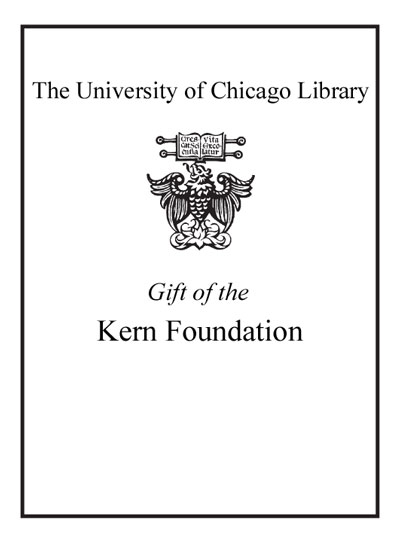Review by Choice Review
Schumacher (Univ. de Fribourg, Switzerland) here makes a significant contribution to biomedical ethics concerning the question of death. By providing a three-part analysis of contemporary philosophical efforts regarding the meaning of human death, the knowledge of mortality, and whether death should be understood as evil, Schumacher brings together thinking that comes from both analytic and Continental traditions, and exposes the Epicurean roots that have remained influential to these current reflections. In scholarly but accessible language, he provides a systematic account that follows his three basic concerns, showing the relevance of phenomenological and existential examinations of death. Given the expanse of the philosophical traditions examined, some prior knowledge would be helpful; however, the abundant notes provide more than adequate compensation. The book will benefit those interested in biomedical ethics and those looking for a good point of origin in furthering the philosophical dialogue on death. Summing Up: Recommended. Upper-level undergraduates through faculty/researchers. J. R. Couch Keene State College
Copyright American Library Association, used with permission.
Review by Choice Review

